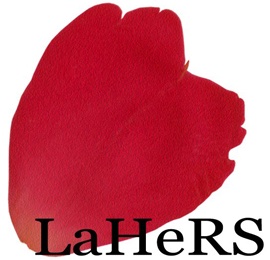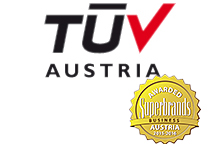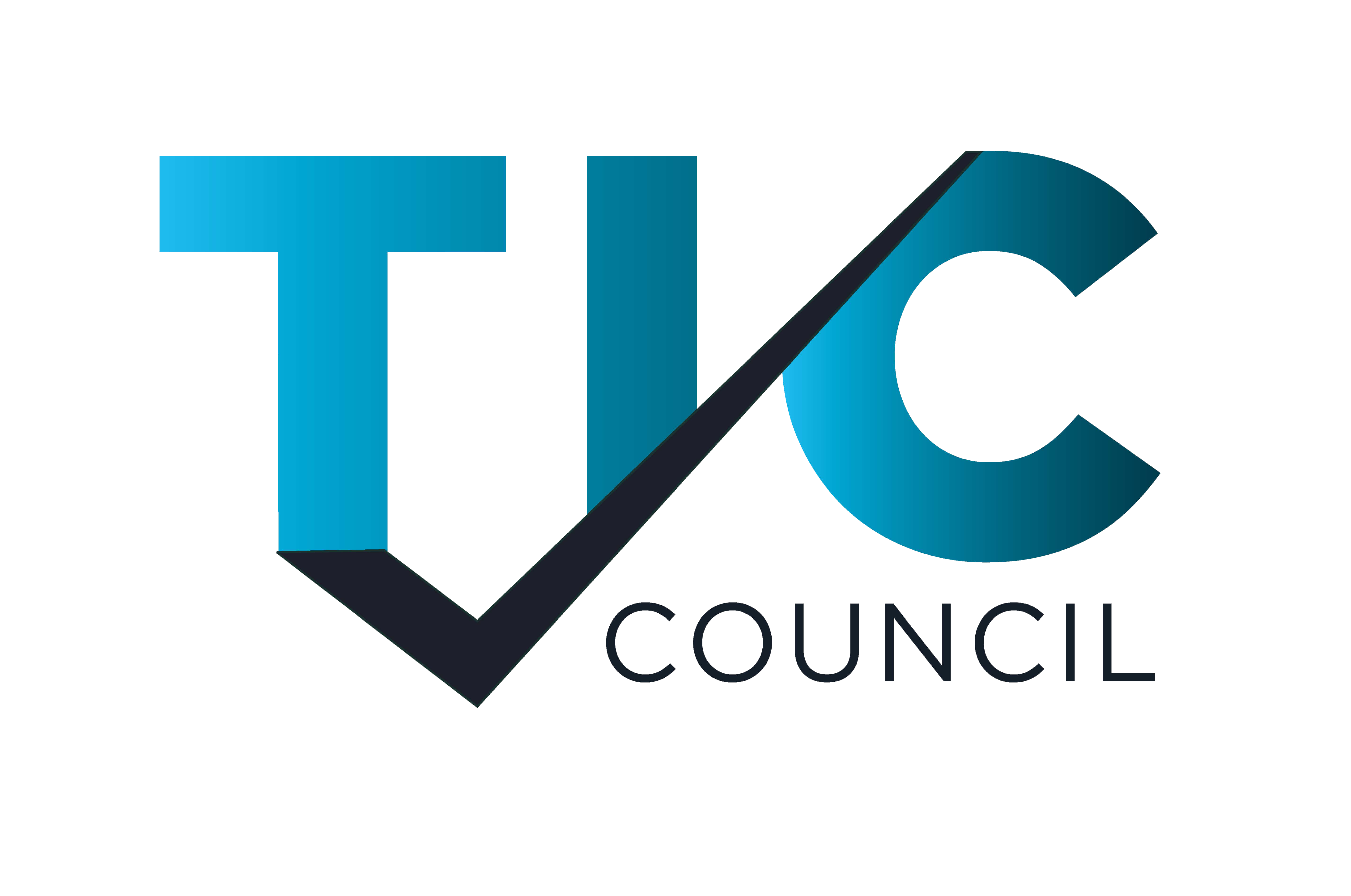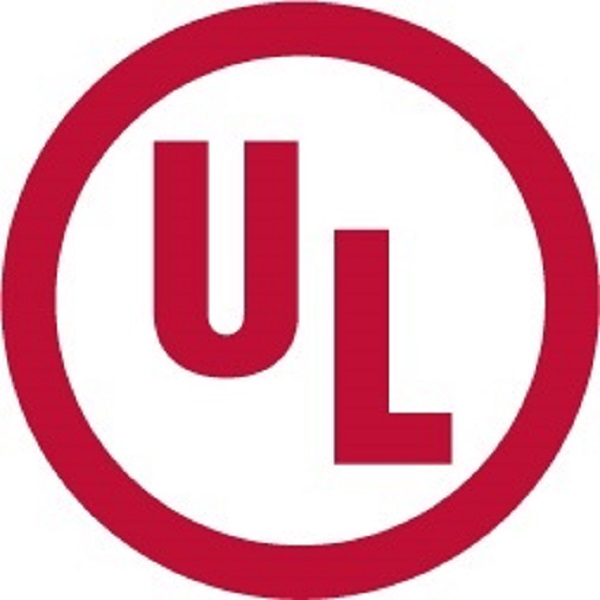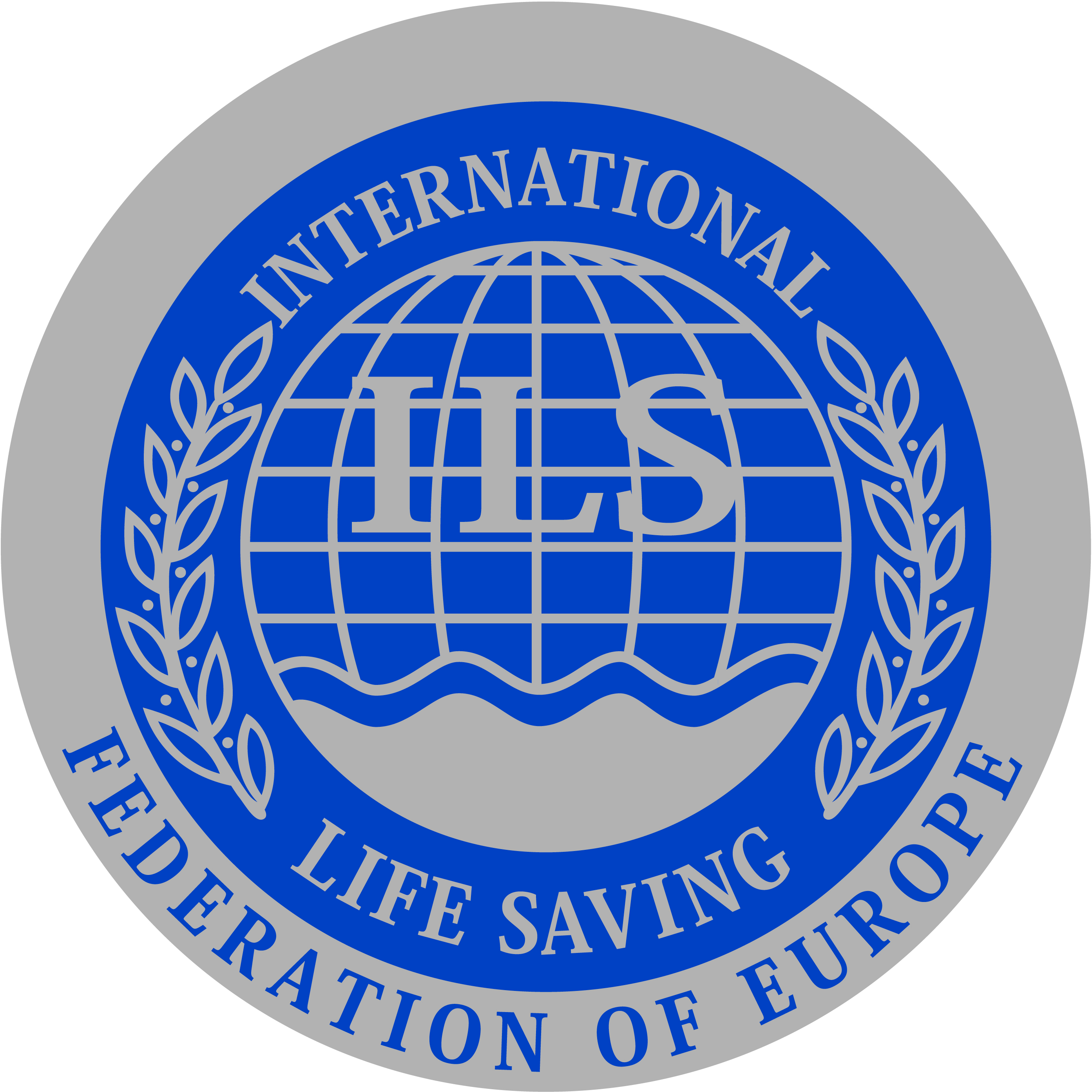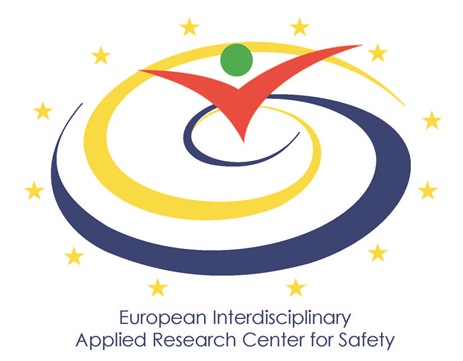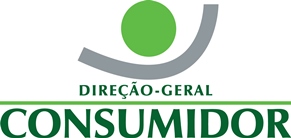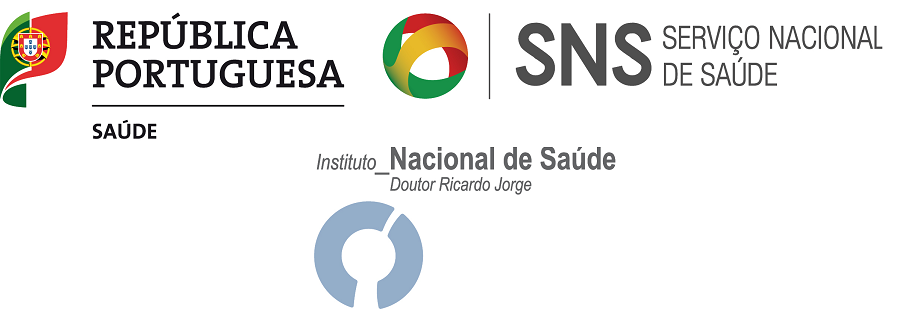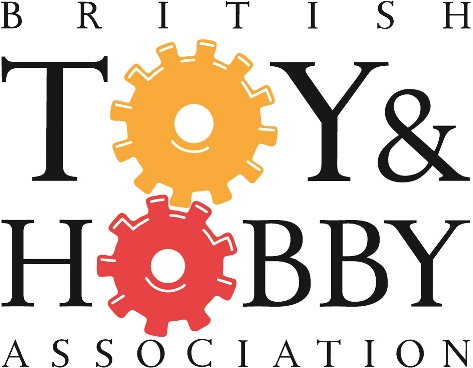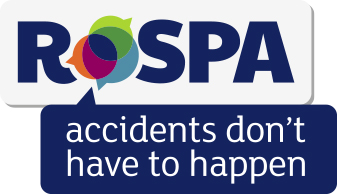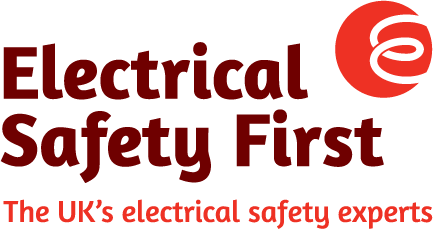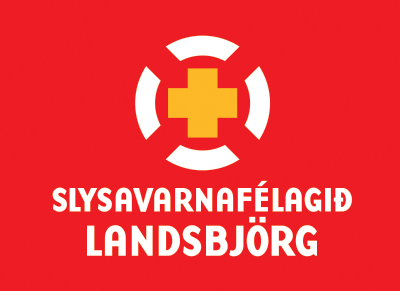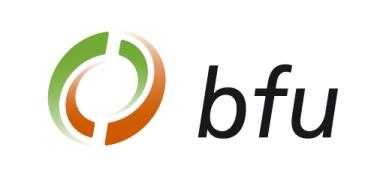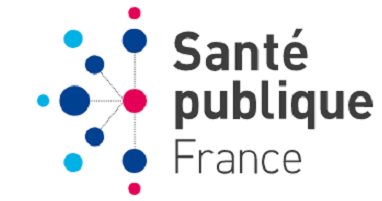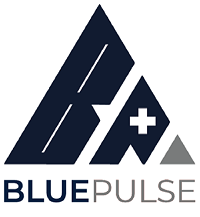Partners
Our Partners in Europe
Members of EuroSafe
Members of EuroSafe represent health and safety agencies, research bodies, private sector organisations such as insurance agencies, and civil society organisations. These are the organisations that can effectively influence public policies and implement programmes and infrastructures with regard to safety in daily life.
European Commission
The European Commission (EC) is the EU's executive body. It drafts proposals for new European laws. It manages the day-to-day business of implementing EU policies and spending EU funds. The Commission also makes sure that everyone abides by European treaties and laws.
The EC is active on a wide range of policy fields that are relevant for safety promotion, such as road safety, work safety, violence prevention and consumer safety (see the EC website). Injury prevention is also a priority issue in the framework of the EU-Health programme, with major objectives to:
- improve citizens’ health security;
- promote health, including the reduction of health inequalities;
- generate and disseminate health information and knowledge.
On 31 May 2007 the Council of the European Union officially adopted the Council Recommendation on the prevention of injury and the promotion of safety. This is recorded in the Official Journal of the European Union 2007/C164/01 of July 18, 2007. (CELEX-Nr. 32007H0718)
The adoption of the Recommendation is a vital step in putting injury prevention and safety promotion higher on the policy agenda in the EU. Furthermore, it will provide adequate public legitimacy for further actions. A main focus of immediate EU action is to further develop the Injury Database (IDB) on accidents and injuries with a view to achieving representative and comparable data within all Member States. In addition, the Recommendation foresees a wider dissemination and implementation of prevention measures that have been proven to be successful in order to make efficient use of existing models of good practice in all Member States.
Our Global Partners
World health Organization
EuroSafe is partnering with the global programme for Violence and Injury Prevention and Disabilities (VIP) of the World Health Organization (WHO) which is the United Nations specialised agency for health.
WHO has identified injuries and violence as a major threat to health and well-being. In cooperation with other UN agencies and partners, WHO is focusing on developing evidence-based normative tools to inform the content of country-level work, with the assistance of the WHO-Collaborating Centres for Violence and injury Prevention. In accordance with the terms of the Principles governing relations between WHO and NGOs, the WHO Executive Board admitted EuroSafe into official relations with WHO. The basis of an official relationship is a mutually agreed three year plan for collaboration, the results of which are reviewed by the WHO Executive Board once every three years.
In the framework of that collaboration EuroSafe is assisting WHO in organising bi-annual World Conferences on Injury Prevention and Safety Promotion. These conferences play an important role, by facilitating the exchange of information and experiences throughout the world, in developing the professional level of injury prevention practice and by getting a growing number of professionals and stakeholders connected to the WHO policies for violence and injury prevention. It especially aims to expand the network of professionals involved in injury prevention and to offer opportunities to those who recently entered the field for training and skill development.The next conference will be in Finland, 18-21 September 2016
The International Consumer Product Health and Safety Organization (ICPHSO)
Founded in 1993, ICPHSO is a non-profit, volunteer-driven and membership-based organization dedicated to providing forums for the exchange of ideas and information on health and safety issues related to consumer products that are manufactured and marketed in the global marketplace.
ICPHSO’s unique non-partisan and inclusive approach to product health and safety dialogues draws participation from government agencies, manufacturers, industry and trade associations, professional services firms, academia, standards developers, consumer advocates, retailers, testing organisations, and interested individuals.
Because product health and safety issues transcend geographic boundaries, ICPHSO encourages participation from interested parties around the globe. ICPHSO’s efforts in this regard are reflected in the diversity of participants, who today represent nearly 30 economies around the world.
ICPHSO organises:
- Annual Symposium: Attracting over 700 participants each year, ICPHSO’s signature symposium typically features plenary sessions on international trends and developments in product health and safety, on the U.S. Consumer Product Safety Commission (CPSC) and its work, and on basic training in legal and compliance-oriented aspects of product health and safety. The symposium also features prominent public sector keynote speakers like the CPSC Chairman and private sector experts like the Chairman of Safe Kids Worldwide. Concurrent breakout sessions round out the programme, enabling participants to engage with timely and specialised topics of particular interest.
- International Annual Symposium: Since 2005, ICPHSO has hosted symposiums outside of the United States in support of international dialogue on product health and safety matters. Such international symposiums to date have been held in North America (Canada), Europe (Belgium, The Netherlands and England), Asia (China, Korea) and Australia. Similar to ICPHSO’s annual symposium, the international annual symposiums attract between 200-350 participants representing a broad cross-section of organisations and economies.
- Regional Training and Workshops: ICPHSO also hosts periodic regional workshops that offer manufacturers and suppliers in-depth training on product health and safety requirements and compliance obligations. Such workshops to date have focused primarily on understanding and complying with CPSC rules and regulations.

